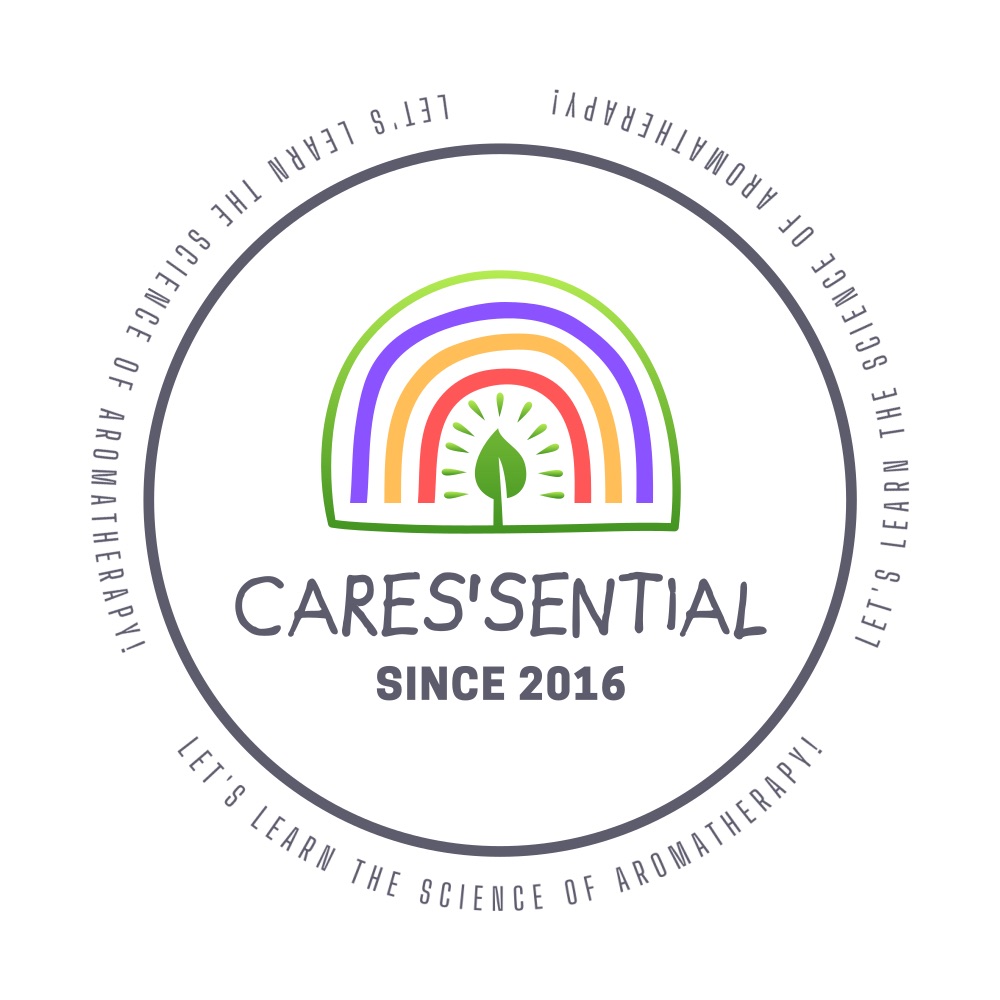Aromatherapy for Infantile Conditions
- CARES'SENTIAL

- Jul 15, 2022
- 3 min read
15 Jul 2022 What are the common infantile conditions that we might encounter? Are there any research done on the treatments towards those conditions?

Preterm Low Birth Weight
An infant born before 37 weeks of gestation is called a Preterm / Premature Infant. A lower survival rate is often noted in preterm birth according to the statistics from Nation Institutes of Health. The later the child birth, the greater the survival rate is. To improve the survival rate of the preterm baby, particularly those with low birth weight, sufficient and early feeding is one of the main intervention.
A Germany study utilised rose odour (not food-associated), vanilla odour (food-associated), or placebo (no odour) to compare the feeding condition and duration of hospitalisation in premature infants. Scientists noted that among the three odours, vanilla odour showed the best results in the time until total oral nutrition after randomization in days (8 +/- 5.4, p < 0.05), the duration of hospitalization after randomization in days (11 +/- 5.6, p < 0.05), and although not significant according to the p-value, the duration of hospitalization in days (18 +/- 6.0, p = 0.19).
The results could be due to the presence of vanillin in vanilla odour. Vanillin was found to exert function in activating TRPV1, TRPA1, and TRPV3 channels in the nasopharyngeal mucosa and olfactory epithelium. An increased frequency and reduction in latency of swallowing was then noted. Thus, it might improve the feeding condition in premature infants.
In fact, it is difficult for us to purchase vanilla essential oil. You may try to get vanilla extract from grocery stores. Or grasp ginger / black pepper essential oil from aromatherapy stores, as gingerols, shogaols, zingerone and capsaicin in ginger and piperine in black pepper are TRPV agonists according to this literature review.

Infantile Sleep Disturbance
Infant with sleep disturbance often wake up frequently at night (like what my daughter does, but it’s mainly because of the food I ate), delay in sleep onset and seek for co-sleeping with parents.
To solve this problem, apart from reviewing the food we ate if we breastfeed, we can administer aromatherapy to our baby. A study recruited 13 babies with sleep disturbances aged from 6 to 12 months. Aromatherapy was applied by adding 2 drops of lavender essential oils into 50mL of carrier oil. Massage therapy was done for 30 minutes in 3 consecutive days.
The study found that the intervention can help to reverse sleep disturbance effectively with significant results in the reduction of sleep onset latency, somnolence disorders and interruption of wakefulness sleep transition, and increase in total sleep time.
However, the number of participants may not be sufficient to draw the conclusion. We might take this research just for a reference.

Infantile Colic
Babies with infantile colic appear with:
occasional uncontrollable crying, usually in the evening
drawing legs into the abdomen
clenching fists
farting frequently
Such syndrome might be caused by allergy or intolerance of cow’s milk / soy protein, gastrointestinal disorder, immaturity of the central nervous system and so forth.
A Turkish study made use of 1 drop of lavender essential added into 20mL sweet almond oil. During each massage time, the parents used 1mL of the diluted oil to massage the tummy within 1 - 2 minutes of the onset of the colic attack for 5 - 15 minutes. It is observable that the number of crying times reduced significantly.
A Russian randomised controlled trial using emulsified fennel seed oil in water at a concentration of 0.1% was orally administered to a group of infants aged from 2 - 12 weeks. The cumulative crying hours per week and the volume of the daily consumption of the emulsion was significantly lower than placebo group.
An Italian study developed a blend of phytoceutical extract called ColiMil®, which included the following ingredients:
Foeniculum vulgare M. var. dulce P.E. tit. in O.E. 0.05%– 0.1% (164.29 mg)
Matricariae recutita L. P.E. tit. in apigenin 0.3% (177.69 mg)
Melissa officinalis L. O.E. tit. in rosemary acid 2% (96.89 mg)
Vitamin B1 (0.85 mg)
Calcium pantothenate (3.24 mg)
Vitamin B6 (1.20 mg)
Maltodextrin
Syloid 244 FP (ColiMil, Milte-Milan,Italy)
This blended phytotherapeutic agent was found to improve infantile colic significantly, although among the intervention group there were 8 babies appeared with vomiting after the administration. Whereas for other studies, researchers did not report any adverse effects regarding the intervention.
From the above research information, even though some administered emulsified essential oil orally, the oils were administered by doctors with precise calculations. To make sure everything is safe, it is recommended that layman should only apply aromatherapy topically at a lower concentration on infants as per the Turkish study.

Comments